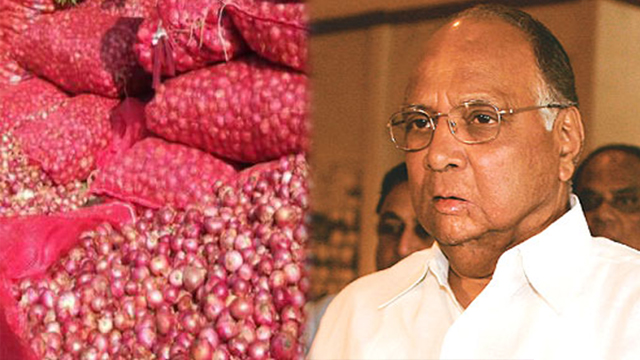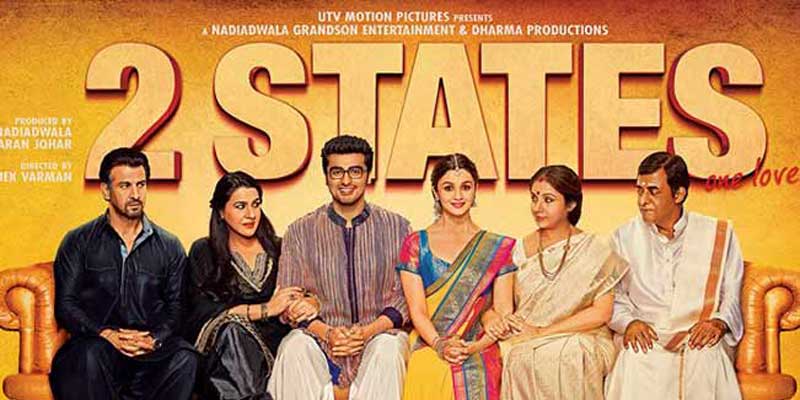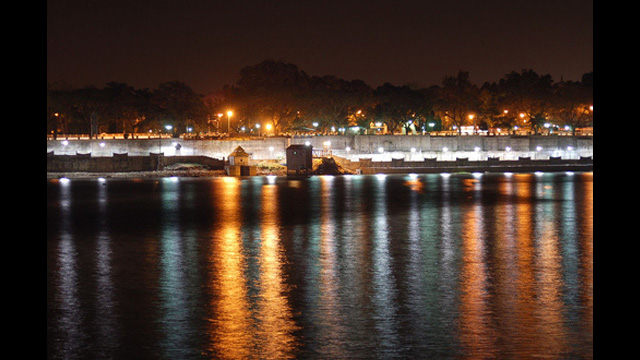The price movements and arrivals clearly indicate that the sky high prices are not based on any fundamentals but on cartelization.
In an exclusive interview to CNN-IBN, union agriculture minister Sharad Pawar stated that he and his ministry had “nothing to do” with the rise in onion prices across the country. Shifting the blame on food minister KV Thomas he said that the price rise will have to be checked by the ministry of food and consumer affairs.
Pawar rejected the claims that the sky high prices were a result of cartelization of traders. He also stated that the rise in price was only a phenomenon in “few big cities” like Delhi and Mumbai.
Earlier in the day, Delhi chief minister Shiela Dikshit met Pawar and Thomas to discuss the price rise which is hovering near Rs 100 per kg. She is reported to have requested Pawar to direct National Agricultural Cooperative Marketing Federation of India (NAFED) to make available adequate quantity of onions for Delhi on no-profit no-loss basis so that its price.
She had also requested the Election Commission to let her government sell onions in different parts of the city. With model code of conduct in place, EC declined the request.
A similar crisis was in place during 2010-11. At that time too, prices of onion touched Rs 100 a kg at retail outlets. Then, the competition commission of India conducted a probe into the issue. They asked the Agriultral Development and Rural Transformation Centre (ADRTC) and the Institute for Social and Economic Change, Bangladesh to analyse the nature of the crisis. \
The study revealed that prices had soared because traders had formed a cartel. It also said that farmers had little say in price determination. It recommended allowing of a new set of traders and commission agents into onion markets. However, the government did little in this respect.
This time as well, the price movements and arrivals clearly indicate that the sky high prices are not based on any fundamentals but on cartelization.
Even when the agriculture minister states that the export of onions has been least in three consecutive years, India remains one of the largest exporters of onions in the world. In 2011, India stood fourth in the world exporters list. Rather than cutting the exports, the agriculture minister had been involved in blame-shifting.
His claim that the price rise is a limited phenomenon to the metros is laughable. Chhapra, a small town in Bihar, is selling onions at Rs 90-100 a kg too. Similar is the case with Shimla where people are forced to buy onions at Rs 70-80 per kg.
Interestingly, in 1998, Congress had come to power in Delhi defeating the incumbent BJP government riding on high onion prices. We wonder if Congress will meet a similar fate in upcoming elections.





